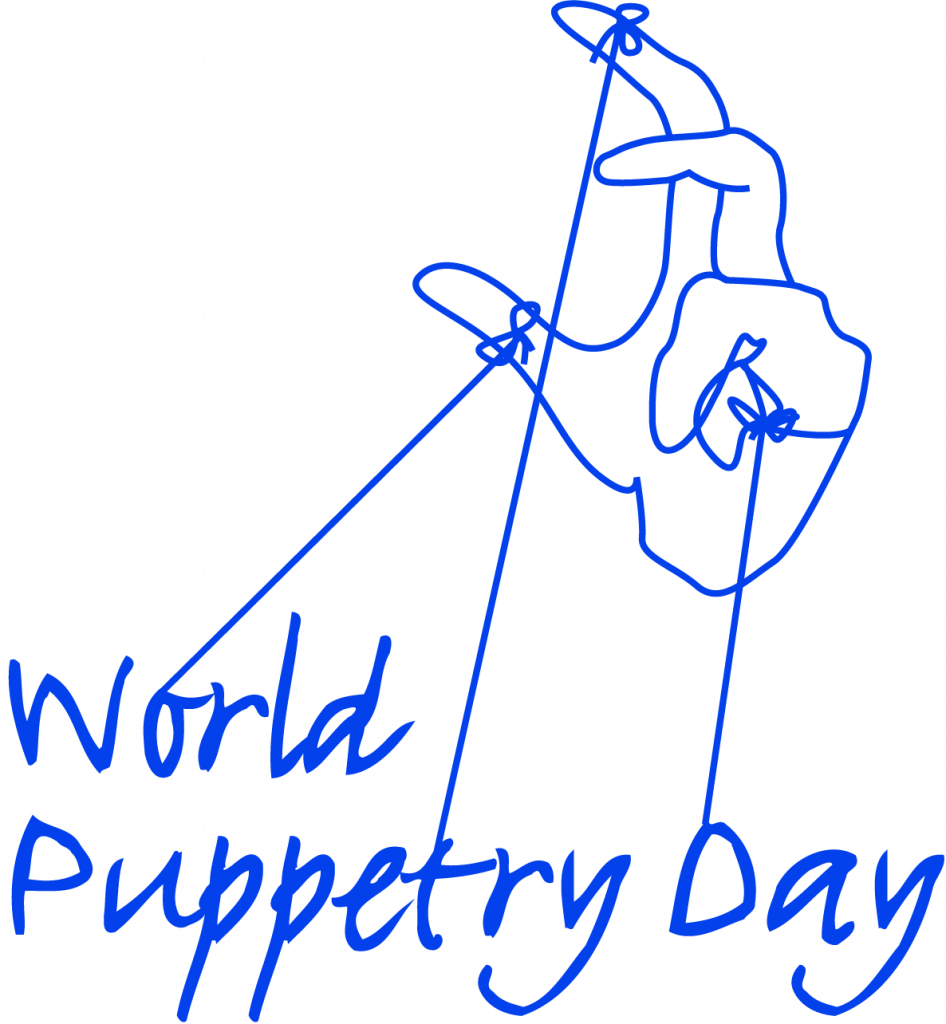THE ENVIRONMENTAL ISSUES ISSUE
FALL/WINTER ISSUE NO. 52
Table of Contents • Editor's Note • Abstracts
EDITORIAL
My wife and I have recently begun watching a new TV series called Good Omens*, in which the world, at the very brink of the “End of Days,” finds a pair of unlikely allies: the angel Aziraphale and the Demon who was the original tempting serpent in the garden of Eden. It seems that, over the past few millennia, each of them has become rather fond of the earth and are pretty sure that their future, post apocalypse, would likely be far more dreary than their current lives on our little planet–global warming, great extinctions, and rampant authoritarianism notwithstanding.
Unlike the high orders of angels and demons, who tend to see everything in terms of stark opposites, these two have lived among the denizens of earth since the beginning of life here. They understand the nuances of human desires and our fallibility, and have adopted a sort of Realpolitik whereby they carry out the wishes of their masters just enough to avoid divine (or malign) scrutiny, while still letting life go on pretty much as it always has. We’re only a few episodes in, so I can’t say if they manage to stave off the four horsemen of the apocalypse, but I am, for the moment, hopeful.
The theme of this issue is “Puppetry, the Environment and Sustainability.” Puppeteers, as much as anyone, are in the trenches in what might be fairly called the Environmental End of Days, making puppets (which is to say stories) out of trash, learning how to live and work in a sustainable, earth-friendly way, and then showing the rest of us how to do the same. It is not an easy task, and we are constantly facing moral choices in our own work: Do we use acetone and CelasticTM or recycled newspaper and cornstarch?
This is not a new concern. Marjorie Batchelder (McPharlin) and Virginia Lee Comer wrote a long essay on the subject more than fifty years ago.
And they left no doubt as to their beliefs on the subject:
With all the attention now being paid to ecology and the environment, is it necessary for puppets to become involved? Yes indeed. Public apathy and ignorance, corporate greed, economic pressure, governmental ineptitude and conservatism still slow down the effort to “save the environment.” Therefor, every available resource should be thrown into the battle, for victory is not at all certain.
And so we enlist our puppets in this great enterprise, and we make peace with the little angels and demons we meet along the way–local officials, students, area non-profits. And we make little gains at the local level. There are, of course, larger spheres–the great polluters, federal governments, international courts, banks and so on, and they will have to act in extremely bold ways–out of self-interest, at the very least–if the bio- sphere as we know it is going to survive. “We the people,” on the other hand, do not have much power to influence the large players. Sure, we can vote, protest, boycott and write letters, but the CEOs of Bayer, Exxon- Mobil, Pepsico and the like will need to be convinced absolutely that running a business that is sustainable with regard to the health of earth’s systems will earn them money. Presidents and Prime Ministers must truly believe that passing laws that promote sustainability will get them more votes and keep them in power. If not, I fear we will hunt the last wild elephants in order to turn their tusks into ivory crucifixes and the last of the Orangutan habitat will be cleared for palm oil plantations, in order that our snack foods may be both delicious and heart-healthy.
Puppeteers, though, are doing their best to get us–the everyday people who actually do most of the work in the world–to see how we can live better, use less, care for each other and the environment and perhaps even push off the apocalypse for a bit longer.
Some of the highlights in this issue? Heather Henson, who has championed the lot of Whooping Cranes and other endangered species since her teenage years (and is a daughter of our founding president, Jim Henson) shares some of her work with us. Greta Clough tells us about UNIMA-Iceland’s proposal for an Arctic & Arctic Perifery Alliance as a special commission for UNIMA. Mikhail Baykov reviews Air, a production in Bulgaria about the plastic bag–that necessary evil that allows us to carry things around in the lightest of containers (which then clog up our landfills and streams for the next few thousand years). Like The Plastic Bag Store, the Robin Frohardt piece we reviewed in our last issue, almost everything in Air is constructed from plastic bags. Other featured artists working for a better world are from Brazil, Japan, Vietnam, India, South Africa, Chile and our own U.S. of A. May you all be inspired!
–Andrew Periale
*an original series on Prime TV, co-produced and co-written by Neil Gaiman
GOODBYE
If everything goes according to plan–and I have great confidence that it will–this will be my final editorial for Puppetry International. My partner Bonnie and I started producing UNIMA-USA’s magazine back in 1985, when it was a smaller format piece called À Propos.
We’d joined UNIMA-USA just a few years earlier, and the previous year I began my first job as a full- time puppeteer with Connecticut’s Pandemonium Puppet Company. Touring with Bart Roccoberton was a master class not only in puppet performance and construction, but in understanding the business of a small touring theater. Five months after I started with Pandemonium, Bart was tapped to head up the just-forming Institute of Professional Puppetry Arts (IPPA) at the Eugene O’Neill Theater Center. Bonnie and I moved to Waterford–just down the street from both IPPA and Margo Rose–while I led the company out on the road.
My background was in both theater and European languages and my early inspirations in puppetry–Bil Baird, The Yale Puppeteers, Walter Wilkinson–were all great travelers and wrote beautifully about the theaters and puppeteers they met in other lands. Meeting then General Secretary Allelu Kurten, Nancy Staub, Peter Zapletal, Mel Helstien and other board members was like getting a new family–one that extended all across the globe. When editor Nancy Laverick decided to pass the torch of À Propos, Bonnie and I offered to carry it for a few years. (That’s what we said: We’d do it for two years.)
Although Bonnie had been trained as a graphic designer and I had at least some sort of academic background, we were not well known by the UNIMA-USA board. But Bart went to bat for us, and convinced the board that we were capable and that, furthermore, the magazine could be printed at the O’Neill’s own press, which was down in the dark, dank labyrinth of a basement under the main building (known as “the mansion”). Those next few years were happy ones for us–and very busy. Bonnie joined Pandemonium and a year later we formed our own company AND got married. We were always thinking about ways to improve the magazine.
In 1990, at the first Puppetry Futurism Conference at the Center for Puppetry Arts in Atlanta, we began work on a proposal for a new, larger format magazine. The following year, at the second Puppetry Futurism Conference (held at the O’Neill), we gave a presentation of our vision for the new publication–one that would reach beyond the membership of UNIMA-USA–and a few years later issue #1 of Puppetry International was unleashed on the world.
In Puppetry International #40, which appeared in the year UNIMA-USA turned 50, I wrote about the history of UNIMA-USA’s publications, and that has been expanded into an essay that will be housed on our website, but in this final editorial I just want to remember how we got started on this journey that has now lasted 37 1⁄2 years–well more than half UNIMA-USA’s life and, in fact, more than half of our lives. It has connected us to hundreds of puppeteers from all over the world. It has given us the chance to work with some remarkable people: General Secretaries Allelu Kurten and Vince Anthony, our historian and book review editor John Bell, peer review editor Dassia Posner, our first publication coordinator Leslie Asch, our webmaster Donald Devet and so many more.
We will continue to participate in the planning of upcoming issues as our new editor Alissa Mello and designer Michael Kelly get their feet on the ground but, knowing them, that should happen pretty quickly, which is to say, in short:
Goodbye. It’s been swell.
–Andrew Periale





